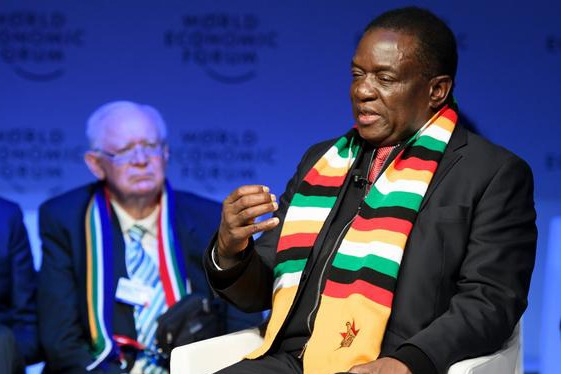
President Emmerson Mnangagwa’s insistence on the country holding an election soon is understandable given he is keen for a mandate from the people following last year’s “soft coup”.
But are the conditions ripe for free and fair elections as espoused by the country’s Constitution? It appears he is the only one prepared for the election, as his pronouncements have thrown opposition political parties off balance, especially as MDC Alliance and MDC-T president, Morgan Tsvangirai is undergoing treatment for colon cancer.
The opposition and other sections of society are dissuading Mnangagwa from holding hurried elections, and their fears are well-founded. Opposition parties have complained that the nation should not be railroaded into an election when their concerns over the unfairness of the ballot have not been addressed. The argument is likely to be strengthened by recent revelations that a South African-run ID systems firm hired to produce a new voters’ roll for the Zimbabwe Electoral Commission recently took the electoral management body to court over alleged “impropriety” in the handling of tenders.
All these matters have muddied the elections even before they have been held and it may be wise for Mnangagwa to reconsider his position and allow the dust to settle while addressing the concerns raised by the opposition and other stakeholders.
The international community is keen to see how the elections will pan out and if it is not satisfied, the goodwill that Mnangagwa has so far enjoyed will dissipate. Obviously, the international community will also want to hear what other stakeholders think about the elections. In this case, the ball is in Mnangagwa’s court to do the right thing. If he fails to do so, it will be the clearest indication yet that he is not keen to break away from the dreaded shadow of former President Robert Mugabe, as he has so far had us believe.
Quite clearly, despite the good show and commitments made at Davos and elsewhere, Zimbabwe is not yet out of the woods, and it may yet sink deeper if the international community has good reason to believe that the elections will not be free and fair. Representatives of influential countries in Zimbabwe have indicated over and over again that elections will be the biggest determinant of whether Zimbabwe is ready to step into the community of nations.
We have no doubt that the nation is desperate for a clean break from the past and a new political culture underpinned by democratic values. Hence, it is time Mnangagwa considers calls by the opposition to make the necessary reforms required for a free and fair election that will improve the country’s image internationally.











